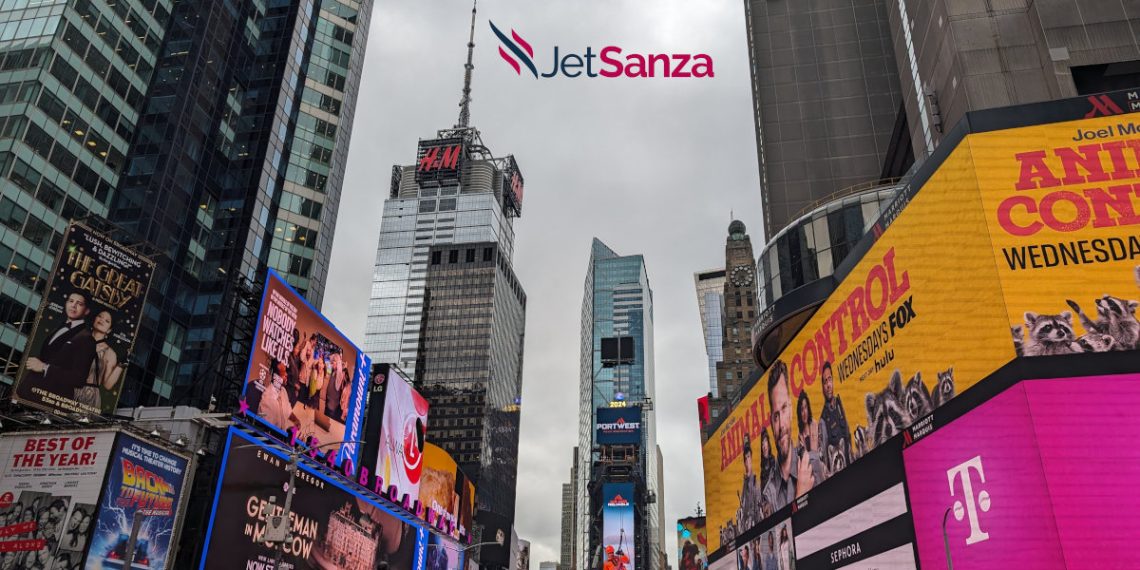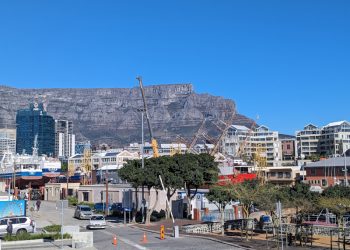There’s a new kind of travel trend—US Visa Tourism. This phenomenon has taken root due to the overwhelming delays in securing US visa appointments in many countries, forcing applicants to travel to other nations where appointment slots are more readily available.
The Origin of US Visa Tourism
The COVID-19 pandemic significantly disrupted US embassies worldwide, leading to the suspension of routine visa services. Even after services resumed, embassies operated with limited capacity, creating a massive backlog of applications. As a result, many applicants waited for months—sometimes years—to get an appointment. For example, in Canada, wait times extended beyond two years, while in Accra, Ghana, the waiting period recently dropped to 119 days after being in the 300s.
Many US visa seekers started traveling to countries with shorter wait times. This has led to a surge in travel to countries like Singapore, Eswatini, South Africa, and Germany, where appointments can be secured within 1 to 15 days. Initially, nearby options such as Togo and Ivory Coast became popular among West African applicants, but as demand increased, these locations also saw their slots quickly fill up.
This trend has led to a rise in intercontinental and regional travel for visa purposes. While visa application trips may not be motivated by leisure, many travelers use the opportunity to explore their host countries. This helps local hotels, airlines, and tourism businesses. Hotels, travel agencies, and airlines are benefiting from this surge, inadvertently turning what should be an administrative process into a form of tourism.
The Future of US Visa Tourism
As embassies clear backlogs, will this trend last?? As long as disparities exist in visa appointment availability, US Visa Tourism will likely remain a part of the global travel landscape. The United States may need to implement more equitable scheduling systems across its embassies to curb the growing trend of applicants seeking visas in foreign nations.
For now, US Visa Tourism is a reality—one that adds a surprising layer to international travel and is reshaping movement patterns in unexpected ways.
Still have some travel questions? Ask in our Travel WhatsApp Group.








